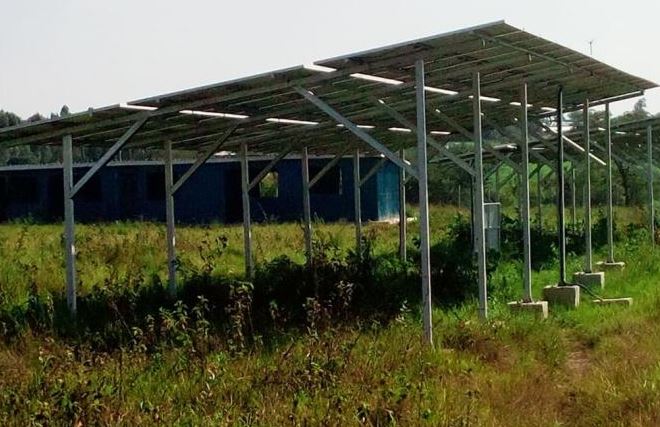×
The Standard e-Paper
Stay Informed, Even Offline
 The Lake Basin Development Authority, (LBDA) has launched a solar-powered irrigation project to boost food and nutritional security. [Kepher Otieno, Standard]
The Lake Basin Development Authority, (LBDA) has launched a solar-powered irrigation project to boost food and nutritional security. [Kepher Otieno, Standard]
The Lake Basin Development Authority (LBDA) has increased public awareness on a solar-powered irrigation project that aims to boost food security in 18 counties.